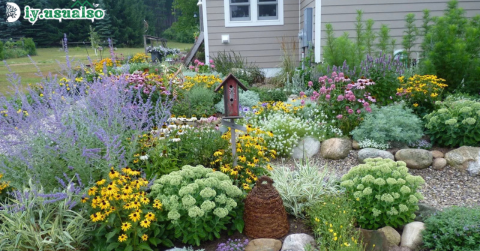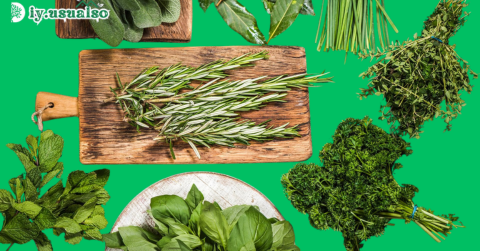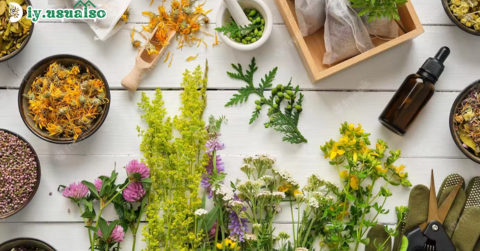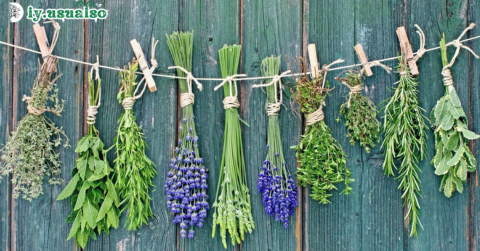In an ideal world, everyone would have access to fresh medicinal plants in their backyard or balcony garden. These plants not only enhance your home’s aesthetics but also provide natural remedies for common ailments. Here are 10 medicinal plants you can easily grow at home:

- Aloe Vera (Aloe Barbadensis Miller)
Aloe vera is well-known for its soothing properties, especially for skin irritations, burns, and wounds. It can also be used in small amounts for gastrointestinal health.
Care Tip: Prefers indirect sunlight and well-drained soil. Allow the soil to dry out between waterings.
- Silk (Silk)
Basil is a well-known herb that has anti-inflammatory and anti-inflammatory properties. The leaves can be used to make a tea to relieve stress and aid digestion.
Care Tip: Grows in warm, humid climates with moist, well-drained soil. Prune the flowers regularly to encourage growth.
- Mint (Mint Type)

Mint is known for its refreshing aroma and its ability to relieve digestive disorders, headaches, and respiratory conditions. Mint leaves can be used in teas, salads, and drinks.
Care Tip: Grows well in partial to full sunlight and in moist, rich soil. Plant in containers to control rapid spread.
- Lavender (Lavender spp.)
Lavender is prized for its calming properties, often used to relieve stress, promote sleep, and reduce headaches. Its flowers can be crushed into sachets or made into tea.
Care Tip: Needs full sun and well-drained, slightly alkaline soil. Water sparingly to prevent root rot.
- Camomila (Camomila Matricaria)
Chamomile is a gentle herb that is great for promoting relaxation, improving sleep, and soothing stomach problems. The dried flowers make a delicious tea.
Care Tip: Prefers full sun to partial shade and well-drained soil. Regular harvesting encourages productivity.

- Lemon (Melissa)
This aromatic herb helps reduce stress, improve sleep, and soothe cold sores. Lemon tea is a popular remedy for depression and eating disorders.
Care Tip: Grows well in full sun to partial shade and moist, well-drained soil. Prune regularly to prevent overgrowth.
- Echinacea (Red Echinacea)
Echinacea is known for its immune-boosting properties and is often used to prevent colds and flu. The roots, leaves, and flowers can all be used to make teas or tinctures.
Care Tips: Grows in warm climates with well-drained soil. It requires minimal watering once established.
- Rosemary (Rosemary)

Rosemary is prized for its ability to improve memory, improve circulation, and reduce muscle soreness. It is versatile and can be used fresh or dried.
Care Tip: Prefers full sun and well-drained soil. It is drought tolerant but benefits from regular watering during the dry season.
- Tree (Salivia)
Sage has anti-inflammatory and anti-inflammatory properties, making it a great remedy for stomach aches and digestive disorders. Sage tea and gargles are effective.
Care Tip: It grows best in full sun and well-drained soil. Avoid overwatering and prune to maintain shape.
- Parsley (Gasoline)
Parsley is rich in vitamins and minerals, and it also supports a healthy liver and digestion. It can be added fresh to a variety of dishes or used in herbal teas.
Care Tip: Prefers moist, fertile soil and grows well in both full sun and partial shade. Harvest regularly to encourage new growth.


